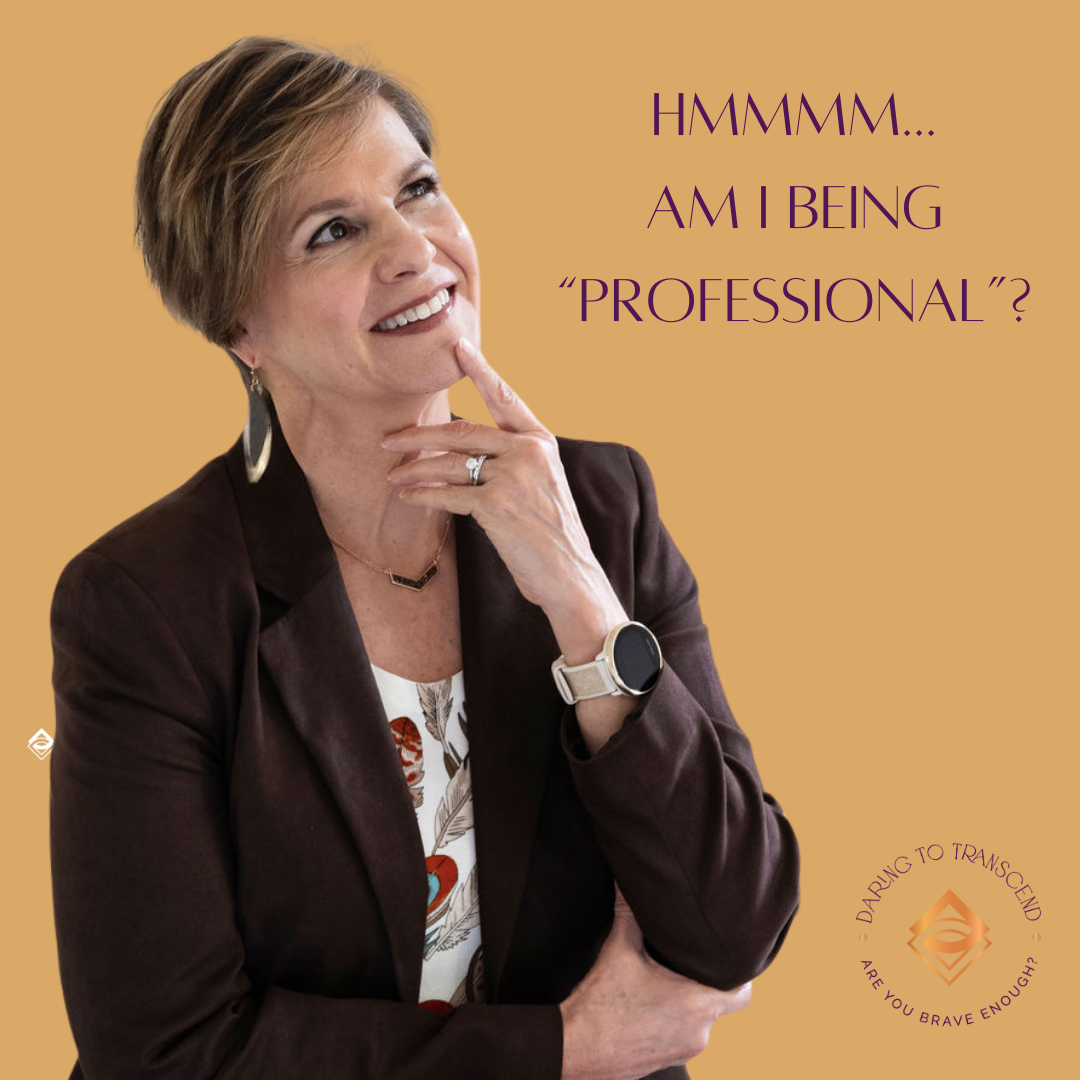In last week’s article, Love’s Illusions, I wrote about Unconditional Love and loving one’s enemies, including the challenge of loving Vladimir Putin for example.
But what does unconditional love mean in the workplace?
This is a challenging question. Workplace relationships can be so complex.
- You might be working together on one project but competing with them on another.
- You might be vying for the same promotion.
- You might have completely different visions for an important initiative.
- And this is one of my favorites, you might like someone personally but struggle with their behavior and philosophy when it comes to work matters.
All these complexities can make it difficult to discern what loving them means and how to do it. Our modern sense of the word “love” often comes with idealized and unrealistic expectations – and sometimes unhealthy ones.
So, how DO you love someone unconditionally in the workplace?
The answer requires touching on a subject that is often “banned” in the workplace: faith and spirituality. <deep breath>. It’s a tough subject to bring up in this context – and often in any context these days.
But faith doesn’t have to be controversial. You don’t have to TALK about it at all. But without faith in something greater than yourself, without a connection to your higher self, universal consciousness, the Universe, Source, God, or however you define the creative force in the universe, I think the application of unconditional love becomes quite difficult.
Here’s why. Marianne Williamson provides an excellent and succinct answer to our question in her book “The Law of Divine Compensation: On Work, Money, and Miracles.” She says:
“Thinking lovingly about someone is a far more sophisticated measure than simply visualizing a positive outcome of a business relationship. In fact, that’s not even so positive, necessarily, unless our core intention is service to the other. Thinking positively about someone spiritually [loving them] means blessing that person, praying for his or her happiness, and praying that we be an instrument of greater good in that person’s life.” (p. 64)
In other words, loving someone means genuinely wishing for them to be happy, genuinely desiring to be an instrument of greater good in their life.
That’s unconditional love.
But how do you know if you’re being an instrument of greater good in someone’s life? In reality, you don’t. That’s where faith comes in, your connection to your higher selves, the creative force in the universe.
You whole-heartedly set the intention to be an instrument of greater good in someone’s life and then follow your inner wisdom to know what actions to take, what words to say.
It’s that simple . . . and that hard. But being a leader, a transcendent leader, means being unconditionally loving.
I challenge you (and me) this week to try this. Pick one person to start with, maybe someone with whom you have a slightly difficult relationship. Then, choose to love them. You don’t have to tell them. In most cases, it would be totally inappropriate to do so anyway. Just keep it to yourself and do it.
And then let me know if anything changes!
Oh … and don’t forget to do that for yourself first. It all starts there. ????




0 Comments